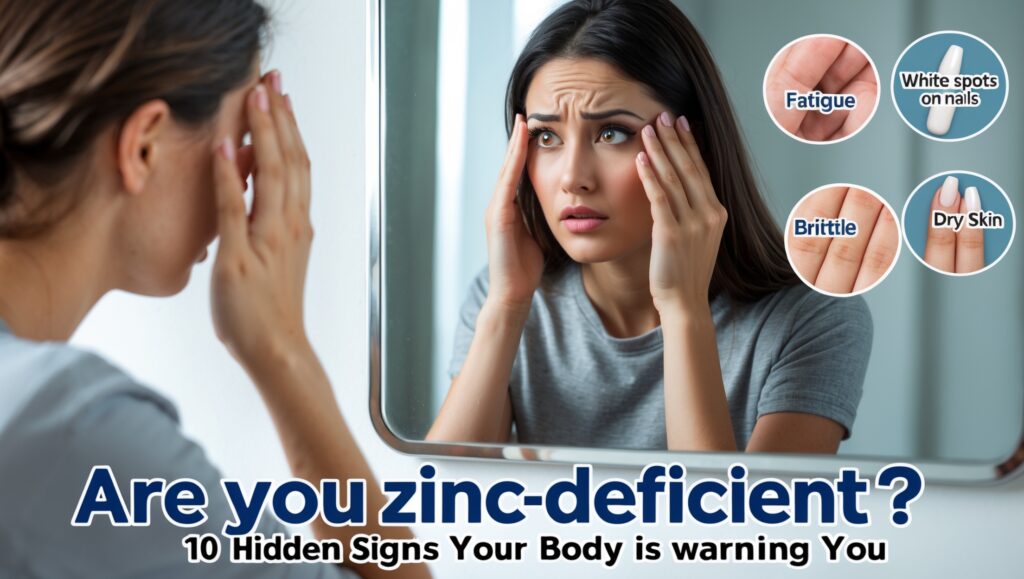
Table of Contents
| Heading | Subheadings |
| Introduction | The Role of Zinc in the Body |
| Why is Zinc Important? | Functions, Sources, Daily Requirements |
| 10 Hidden Signs of Zinc Deficiency | Weak Immunity, Slow Wound Healing, Hair Loss, etc. |
| How Zinc Deficiency Affects Overall Health | Physical & Mental Impact |
| Who is at Risk? | High-Risk Groups |
| How to Test for Zinc Deficiency | Blood Tests, Symptoms-Based Diagnosis |
| Best Dietary Sources of Zinc | Animal & Plant-Based Sources |
| How to Correct Zinc Deficiency | Supplements, Diet Adjustments |
| Zinc Overdose: Can You Have Too Much? | Side Effects, Safe Intake Limits |
| FAQs on Zinc Deficiency | 6 Common Questions Answered |
| Conclusion | Final Thoughts & Summary |
Introduction
Zinc is an essential trace mineral that is crucial in numerous bodily functions, from supporting immune health to wound healing and DNA synthesis. However, many people unknowingly suffer from zinc deficiency, leading to a variety of health issues.
Why is Zinc Important?
Zinc is important because it performs many functions in the body. Important functions are
• Supports immune function
• Aids in wound healing
• Promotes healthy growth and development
• Maintains proper taste and smell
• Plays a role in DNA synthesis
Sources of Zinc
- Animal sources: Meat, shellfish, dairy
- Plant sources: Legumes, nuts, seeds, whole grains
Daily Requirements
• Men: 11 mg/day
• Women: 8 mg/day
• Pregnant women: 11 mg/day
10 Hidden Signs of Zinc Deficiency
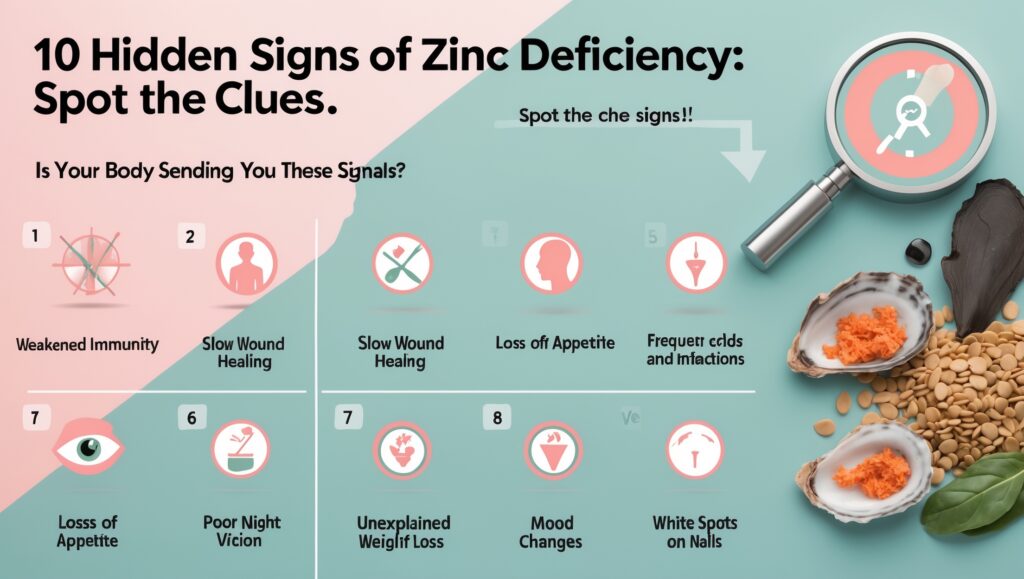
- Weakened Immunity – Frequent colds and infection
- Slow Wound Healing – Cuts and bruises take longer to heal
- Hair Loss – Hair becomes thinner and shedding occurs more frequently
- Loss of Appetite – A deficient appetite together with altered taste perception
- Skin Issues – Acne, rashes, or dry patches
- Poor Night Vision – Vision problems during low-light conditions affect people with zinc deficiency.
- Unexplained Weight Loss – Difficulty maintaining weight
- Brain Fog – Difficulty in concentrating and memory issues
- Mood Changes – Anxiety, depression, or irritability
- White Spots on Nails – Mineral deficiencies typically cause white spots to appear on the fingernails.
How Zinc Deficiency Affects Overall Health
The effects of zinc deficiency include impaired child development as well as weakened immune system and higher risks of developing chronic diseases in addition to skin problems and growth delays.
Who is at Risk?
• Pregnant women
• Vegetarians and vegans
• People with digestive disorders (Crohn’s disease, celiac disease)
• Alcoholics
• Individuals with high stress levels
How to Test for Zinc Deficiency
- Blood Tests – Measure serum zinc levels
- Symptoms-Based Diagnosis – Evaluating signs like weakened immunity and hair loss
Best Dietary Sources of Zinc
| Food | Zinc Content (mg per serving) |
| Oysters | 74 mg |
| Beef | 7 mg |
| Pumpkin seeds | 2.2 mg |
| Chickpeas | 1.3 mg |
How to Correct Zinc Deficiency
- Increase Dietary Intake – One strategy to correct zinc deficiency is to eat zinc-rich foods.
- Consider Supplements – Individuals with zinc deficiency should take zinc sulfate or gluconate supplements as their physician recommended.
- Improve Absorption – To enhance zinc absorption people should decrease their alcohol consumption and reduce the high phytate content that exists in whole grains.
Zinc Overdose: Can You Have Too Much?
Consuming high amounts of zinc past dietary requirements leads to poisoning effects which produce vomiting alongside gastrointestinal distress that weakens immune responses. Stick to recommended limits.
FAQs on Zinc Deficiency
How do I know if I need more zinc?
Examine these indications as signs of zinc deficiency: hair loss with weak immunity and delayed wound healing.
Can I get enough zinc from food alone?
Your daily zinc needs will be met by a proper diet that incorporates animal proteins legumes and seeds.
Are vegetarians at risk of zinc deficiency?
People following plant-based diets often do not absorb sufficient zinc from their food sources therefore supplements can provide beneficial support
What happens if I take too much zinc?
Too much consumption results in nausea alongside digestive problems and it also causes copper deficiency.
Is zinc good for skin health?
The skin benefits from zinc because this mineral fights acne while calming inflammation and advancing wound healing.
Can zinc improve immunity?
Absolutely! The immune system depends heavily on zinc because it enables proper immune cell functioning.
Conclusion
Your body requires the essential mineral zinc to operate at its highest possible levels. Early detection of zinc deficiency symptoms helps stop permanent health complications from developing. People should consume zinc either through their diet or supplements to preserve their general health.

I’m a 3rd-year MBBS student at Nowshera Medical College(KMU), passionate about medicine and sharing knowledge through writing. My goal is to grow as a skilled healthcare professional and contribute to the medical community.
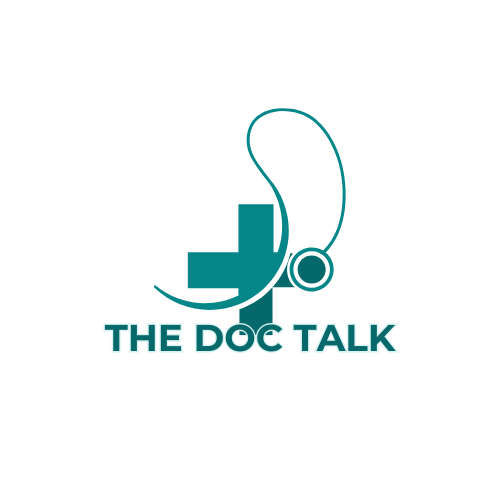
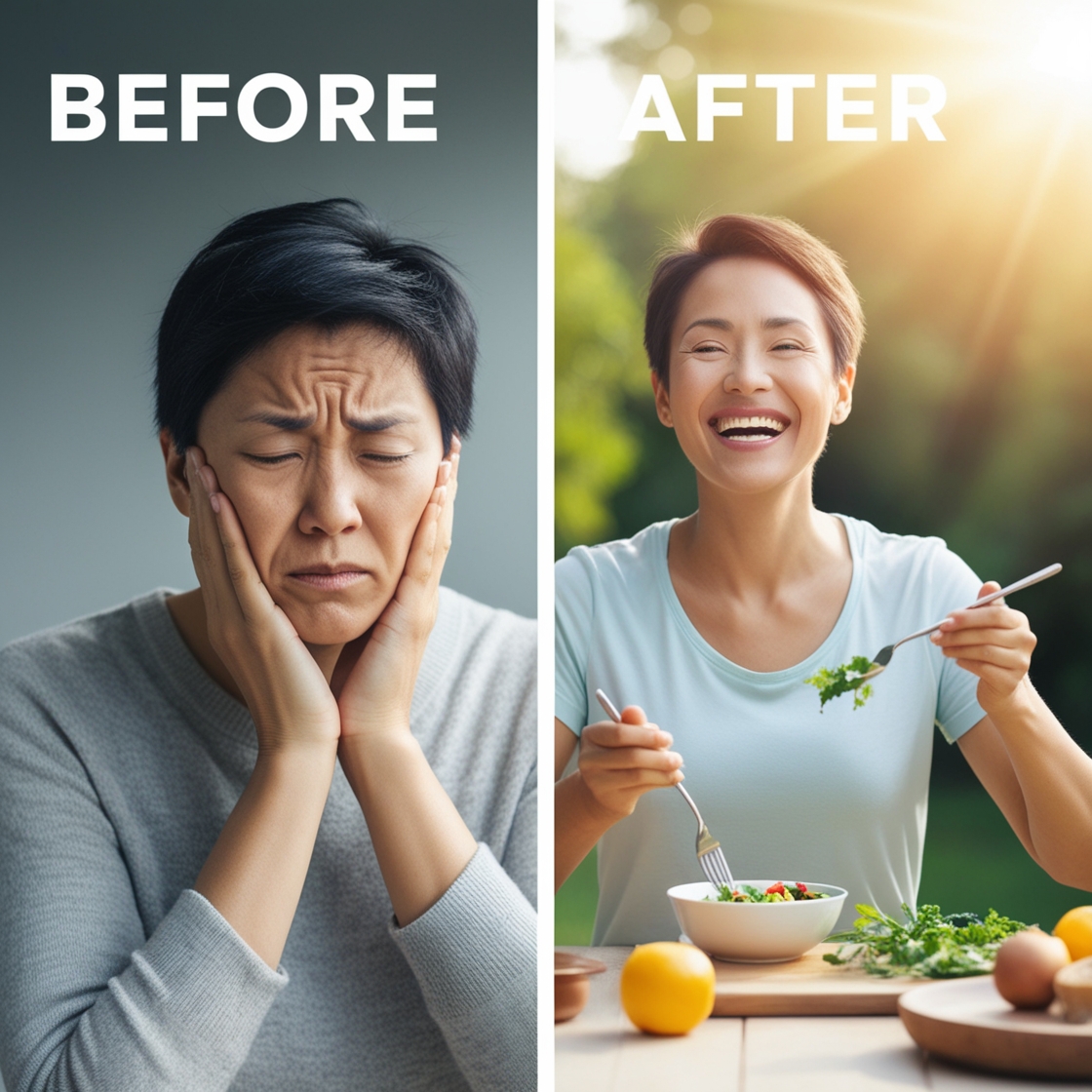


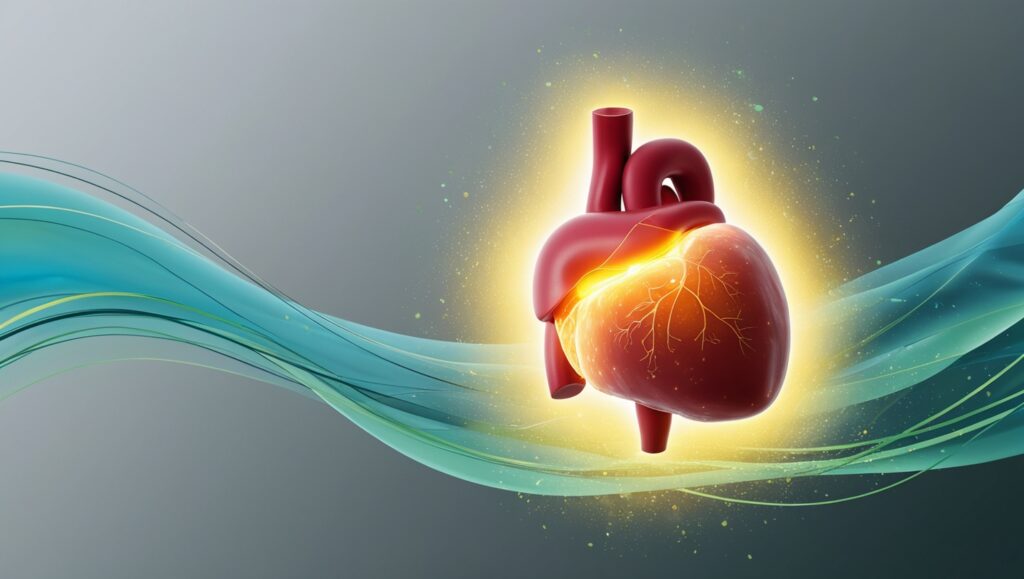

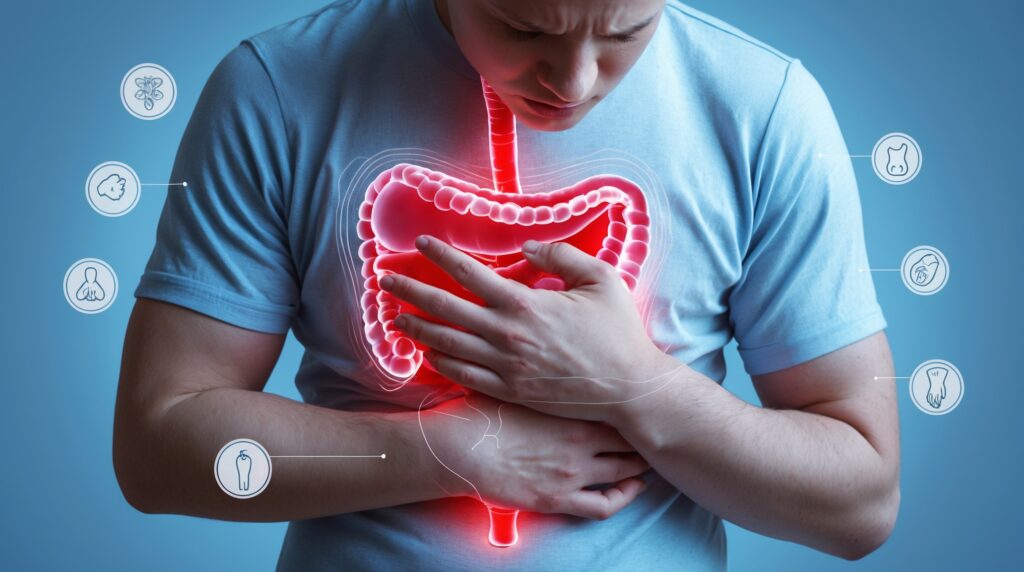





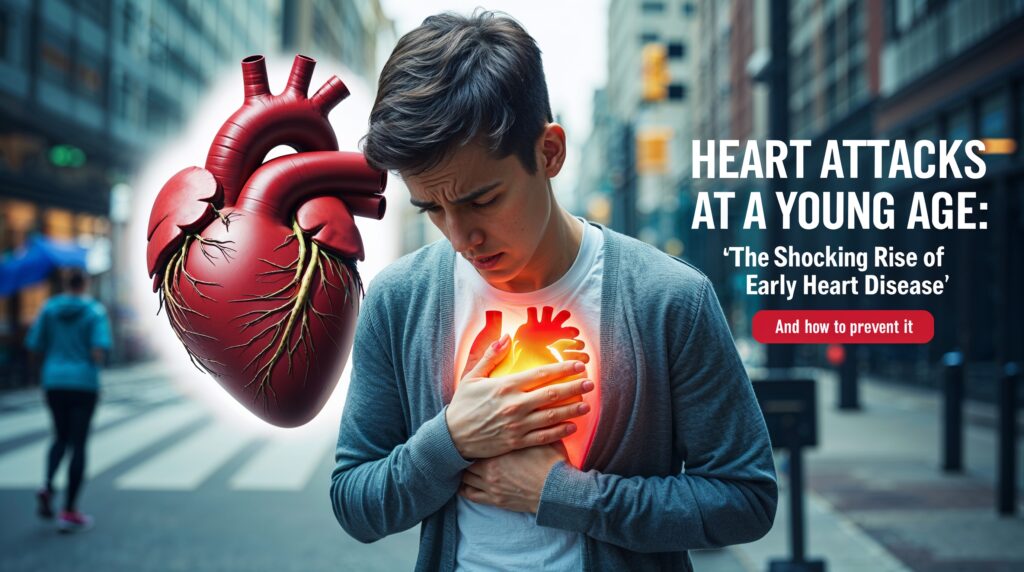
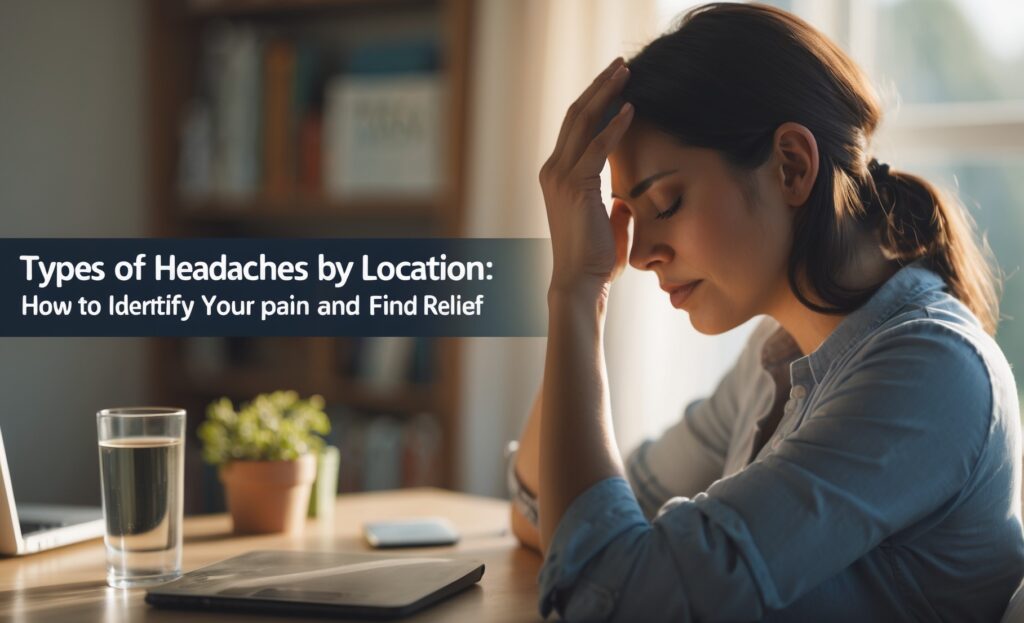
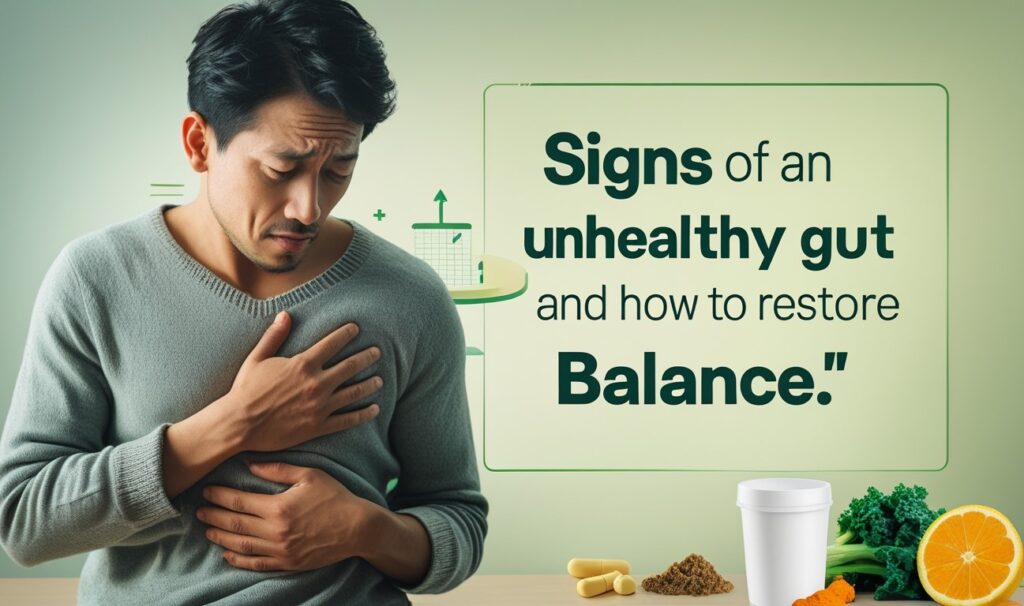
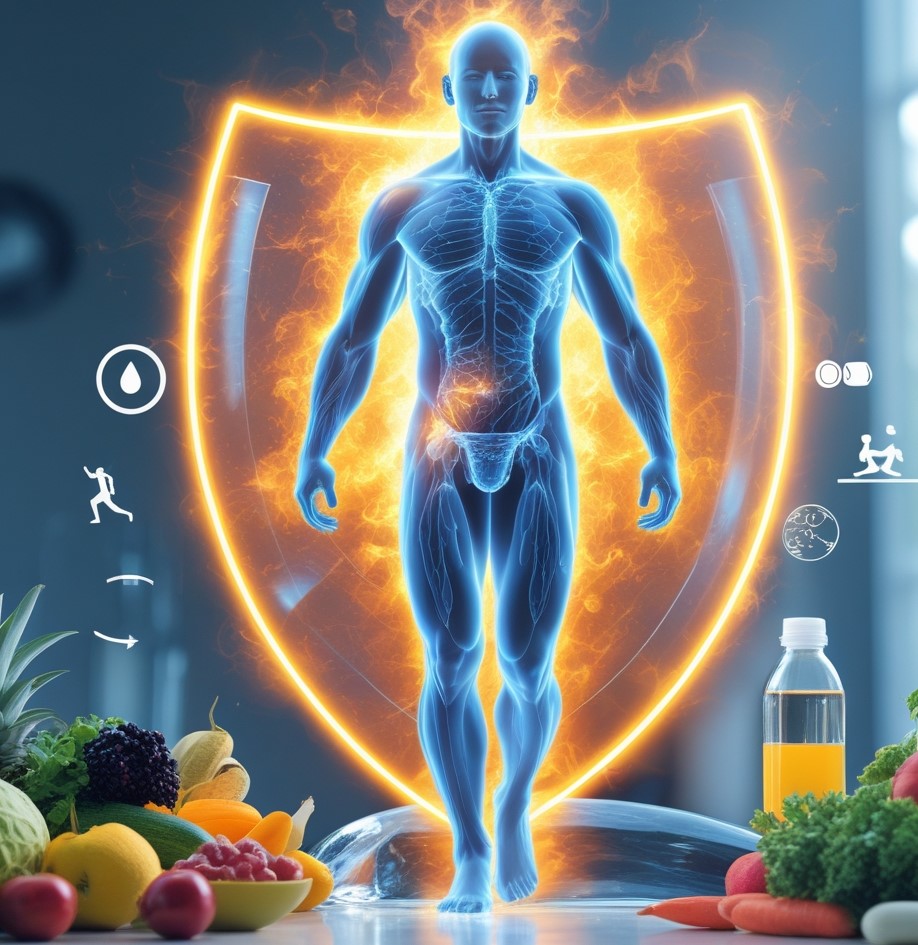
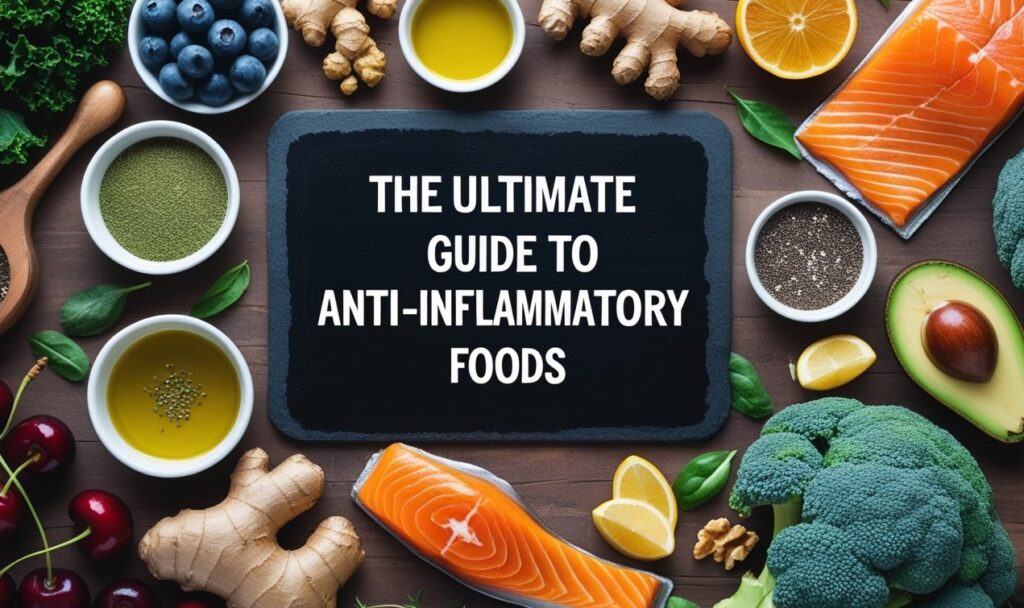
👍🏼
Outstanding
Mashallah nice job
Masha Allah Abbas,such a nice work ❤️
Great job dude !
Good Job ❤️
Great job Abbas 👍
Ma Sha Allah! Keep up the good work champ✨ impressive
Outstanding
Great insights! It’s crucial to stay updated on the latest advancements in healthcare. This post provides valuable information that can help both patients and professionals make informed decisions about their health. Keep up the excellent work.
Great Job Keep it Up
Geart job
Keep working
Very Informative
Informative
Good information.
MashaAllah the article was really informative keep up the great work champ,looking forward for more such creative writings💓🥰
It’s a well-written, informative article, keep this good work up !
This is an excellent article! You’ve explained the importance of zinc so well. It’s amazing how this essential mineral plays a crucial role in immunity, metabolism, and overall health. Keep sharing such insightful content.
Interesting…
Good work 👏
Great 👍
Great 👍
Mashallah nice work 👏
Good job 👍
Excited for more , impressive and informative, keep it up 👍♥️
Nice work doctor 🥰
Great work
Good job ❤
Keep it up👍
Simple and Knowledge full
Informative..
Most informative.
Very Good
MaSha Allah sir keep it up
Good job
Thanks for sharing your knowledge your research is thorough and impressive 😊